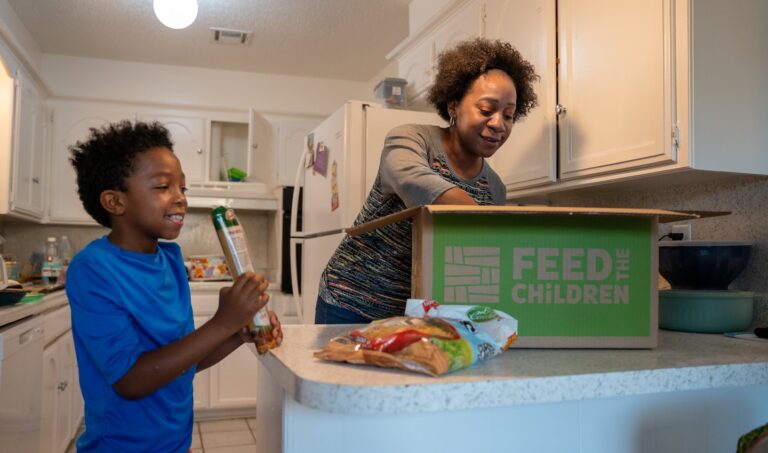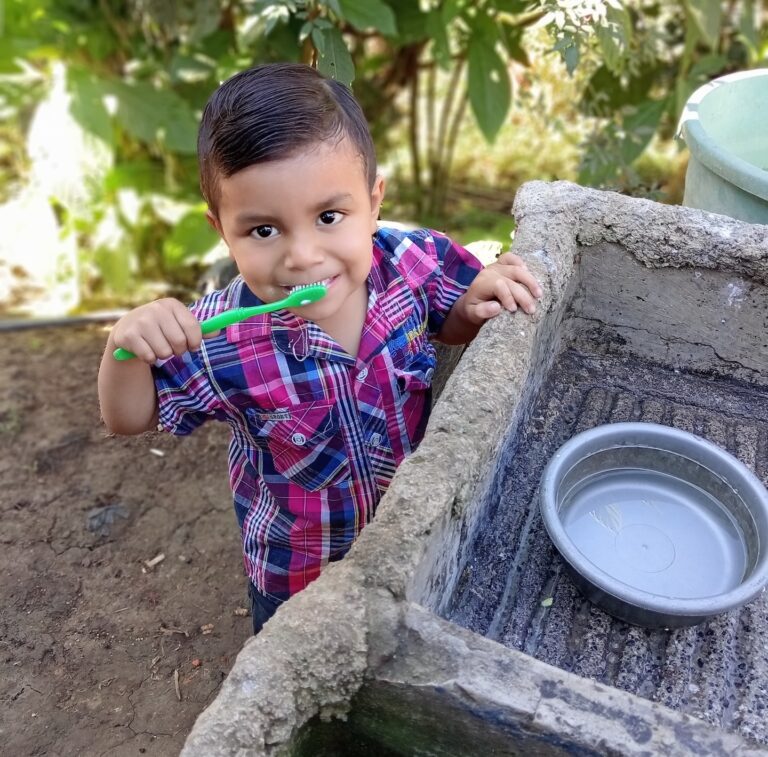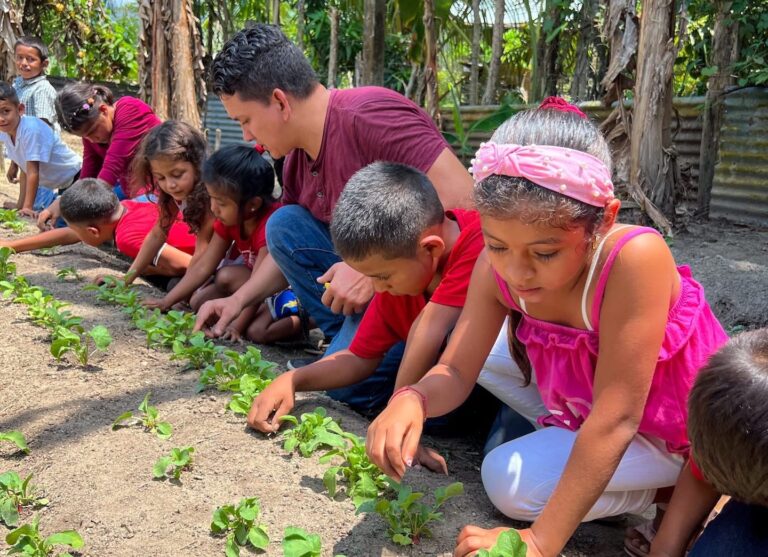
Summer Hunger Causes More than an Empty Stomach
Almost 30 million students in U.S. public schools qualify for the federally assisted meal program. Students who receive a free or reduced-price school lunch during the school year are especially at risk in the summer.
“There’re a lot of kids that eat when school’s in session, but when school’s out they don’t get anything to eat,” said Brent Justus, a Feed the Children community partner.
It’s a sad fact that, right here in the United States, lunch at school can be the only regular meal some kids get.
“I can’t stand to think about little kids going home when they’re hungry and they don’t have anything to eat,” said Cindy, an elementary school cafeteria manager.
Many parents who rely on school meals to help stretch their food budget find summertime difficult to afford. Their children are home all day, and it’s a challenge to buy all the meals a healthy child needs.
“Grocery prices are extremely high,” said Crissy, a mom to eight-year-old twins. “It’s hard to get groceries and not spend two or three hundred every week.”
Renata has two sons, a teen and a five-year-old. Both are very active, which Renata encourages for their health – but it means they work up an appetite. During the summer, that means every bit of food counts.
“There’s a lot more budgeting in the summer,” Renata explained. “Right now, with the economy, everything costs so much money. We plan our meals out a week in advance, and that’s what we eat.”
Summer hunger can have some real, long-lasting effects. Research shows that hunger can cause physical and mental health problems and lead to poor educational performance when school begins again.
Good nutrition is a building block for children to grow up strong and healthy. Mountains of evidence show that even marginal food insecurity can be a significant predictor of poor health in children. Health issues like asthma, childhood obesity and diabetes can all be factors associated with hunger and lead to lifelong problems.
Not having access to proper nutrition has a physical impact on a child’s ability to learn and develop, but the mental toll hunger takes can be just as damaging. Children who face food insecurity show higher levels of anxiety and less developed social skills compared to their peers. Because food insecurity can become even worse in the summer, kids’ mental health can too.
Many researchers have also studied how food insecurity impacts a child’s ability to succeed in school. Just as food helps children grow up healthy and strong, it also nourishes their brains and sets them up for success in the classroom. So why does hunger in the summer even matter?
Summer learning loss, also known as “summer slide,” happens when students are out of school. According to the Expanded Learning and Afterschool Project, most children lose about two months of math skills each summer. On top of the math loss faced by most school kids, low-income students also lose more than two months of reading skills.
Without a solid academic foundation, children will have a harder time having a successful future and making their dreams come true.
That’s why our work, and your partnership, are so important. Donors like you help families and their children dream big. Your gifts help ease parents’ worried minds and provide an extra meal for a hungry child this summer so they can see a future of possibilities.






